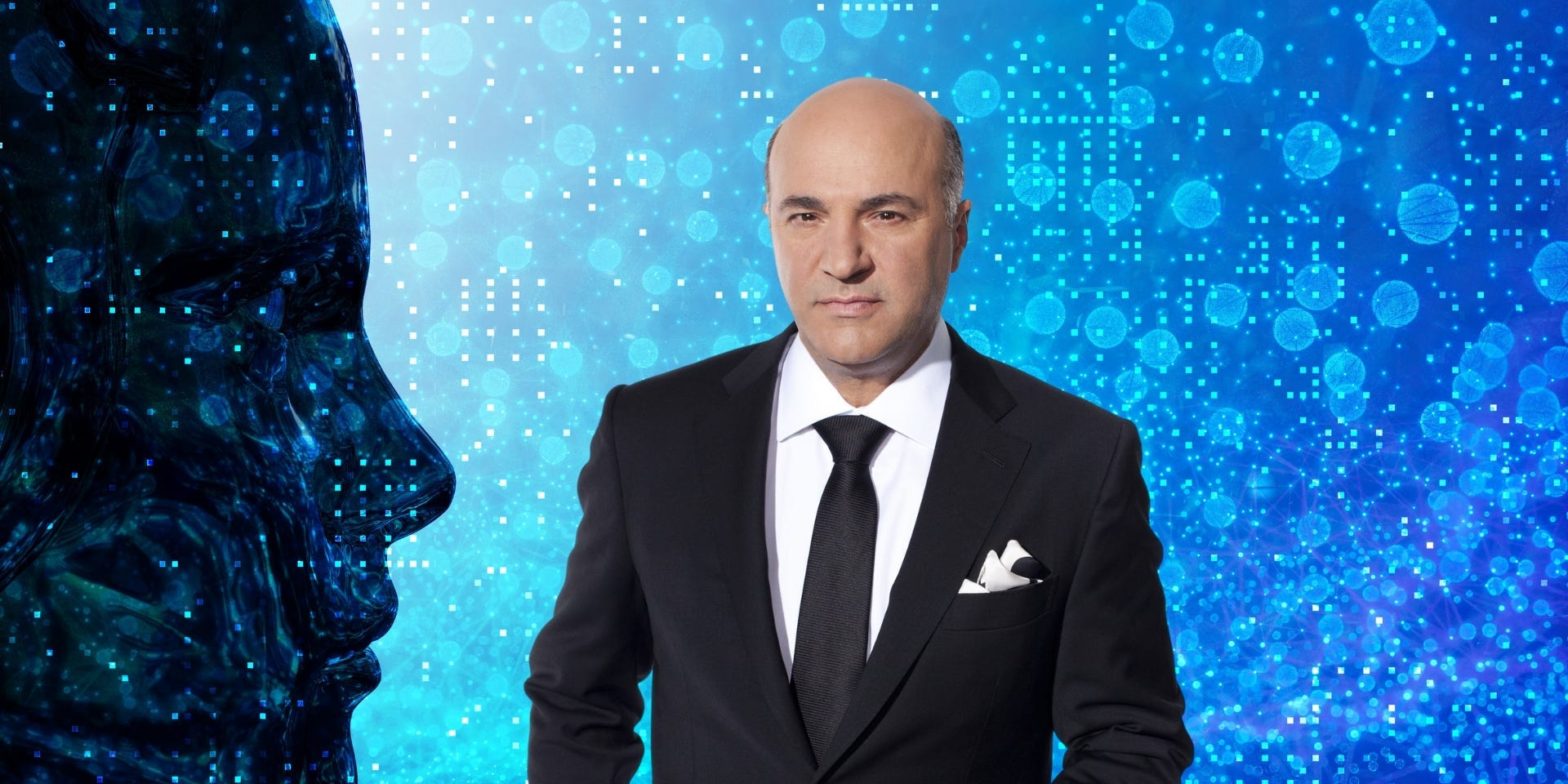Shark Tank investor Kevin O’Leary sat down with Insider to discuss the booming artificial intelligence sector. He said by the end of the year, AI will likely have a 3.5% weighting in his investment portfolio. The media personality also shared details of his potential investment in ChatGPT parent OpenAI. Loading Something is loading.
Thanks for signing up!
Access your favorite topics in a personalized feed while you’re on the go.
Shark Tank star Kevin O’Leary views artificial intelligence as a tremendous investment opportunity, and says it’s likely to be the fastest-growing category in his portfolio for 2023.
“Our plan is to probably give artificial intelligence a 3.5% weighting by the end of the year,” O’Leary told Insider in an interview.
Since OpenAI launched ChatGPT in November, the bot has gone viral for its human-like capacity to piece together articles, real-estate listings, and even dating-app messages. It’s catalyzed a wave of investor interest in stocks with exposure to the sector, as well as a search-engine war among tech giants.
In January, Microsoft invested $10 billion in OpenAI, and this week revamped its Bing search engine with ChatGPT-style technology. And with Google unveiling ChatGPT rival Bard and Chinese tech giant Baidu working on its own bot, O’Leary expects competition to only ramp up.
He now uses ChatGPT for queries about half the time, instead of Google exclusively, and plans to try out Bing once it’s fully operational with OpenAI’s technology.
“ChatGPT certainly is a threat to Google, and Google must know that,” he said. “The market hasn’t really punished Google stock for this. But a few quarters from now, if ChatGPT really starts to bring in significant subscriber fees, then we’ll see what happens.”
Still, he believes OpenAI’s multibillion-dollar valuation remains “very, very extreme.” But given the boom in AI enthusiasm, and that lawmakers and regulators seem unlikely to curtail innovation, the investment potential remains high.
It’s possible the biggest AI winner eventually will be an under-the-radar candidate that isn’t a household name, O’Leary said. But the downside for one company is already clear for him.
“[The] loser is Google,” he maintained. “The AI search wars on are.”
Investing in OpenAIThe O’Leary Ventures founder said he was offered a chance to invest in OpenAI, a private company, and could take a stake within the next 90 days.
“I’m looking at the ChatGPT deal right now from an equity perspective, deciding what allocation I want to put into it,” O’Leary said. “I’m very fortunate to be offered a piece of it.”
He likened the technology to the disruptive nature of Amazon in the early 2000s, a company he was also an early investor in.
At the time, commentators criticized the online retailer’s high valuation, but its success taught O’Leary not to lend too much credence to valuations alone.
What guides him instead is diversification, and whatever portfolio an OpenAI stake goes into, it won’t be more than 5% of it, he said. Whether the holding pays off or not, “we won’t sell the farm for it.”
“[AI is] sort of the new, hot kid on the block, like the internet was 20 years ago,” O’Leary continued. “This is the next thing, and what you learn with next things is that it’s often best to invest in the first mover and sit back and watch.”
